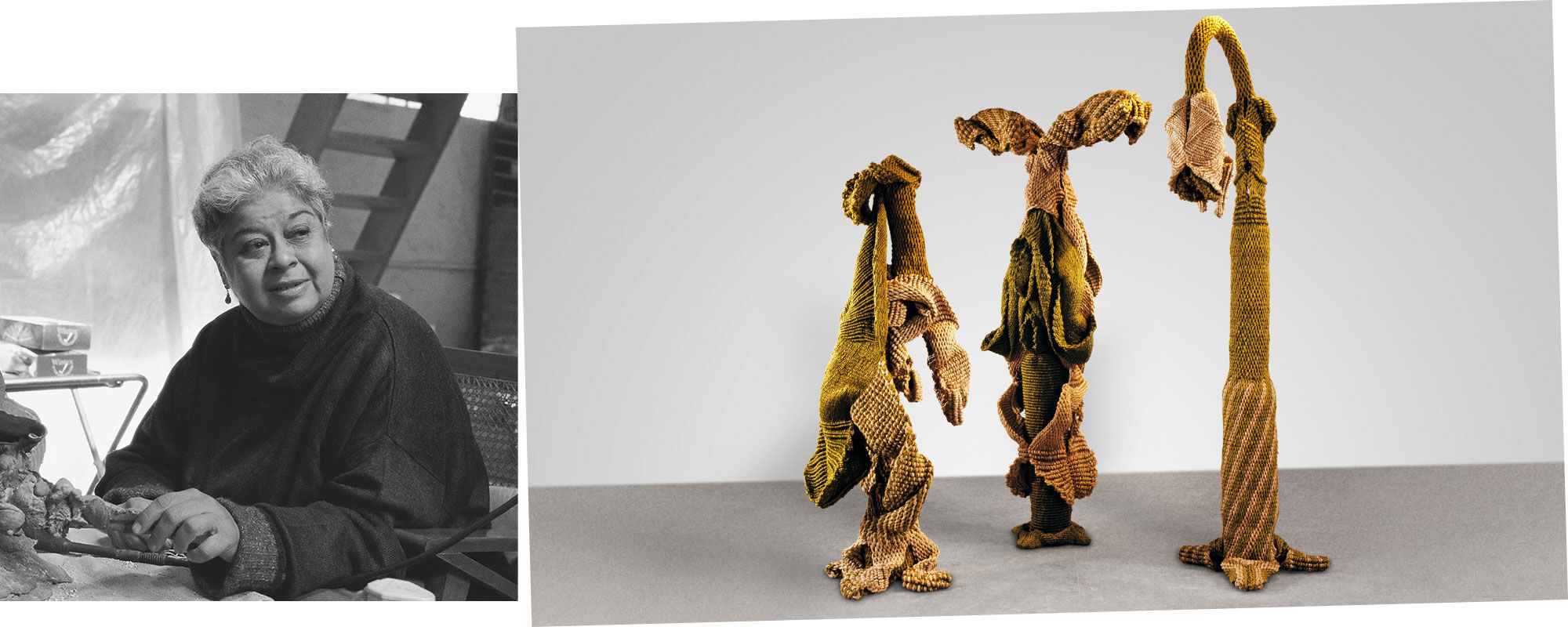
This is my latest not-a-newsletter of highlights (not so many) and ramblings (many) since the last one at the end of May.
It’s a weird time in the pandemic: in parts of the world, the worst is behind them (e.g. parts of Europe). Where I am, the numbers are coming down, but we still have a way to go. Meanwhile in parts of the US, Brazil, and some other places, things just keep getting worse. Hard to know what to think, other than to recognize we are all in this for the long haul. What I do think is 2020 is going to be a milestone year. Perhaps a turning point will occur in 2021. American election can cause such turning points.
I miss some of the earlier aspects of the pandemic. People checking in on you. Artists sharing their music and creativity. Patrick Stewart reading sonnets every day. The chefs of Le Bernardin sharing cooking tips from home. Sadly much of that has fallen off in this transition period. Sad, but not surprising. We are all reverting to the norm, even if it is askew of pre-pandemic normality.
In the meantime, you can still go on Twitter and look up Patrick Stewart’s tweets to get him reading sonnets. It’s free culture. And free in this case is good!
Cooking: One thing I did feel good about was my own home cooking compared to the chefs of Le Bernardin. Obviously they are much better cooks than I will ever be. But at home they used dried herbs such as oregano, as well as adding ingredients like garlic powder to their dishes. I have always felt that those ingredients are fine and everything doesn’t have to be fresh. Watching them cook that way was validating. If you have a chance, go and look at Le Bernardin on Instagram and you will see what I mean.
In other food notes, I am a fan of cucina povera, peasant food, what have you. These are good examples of it: Victoria Granof’s Pasta con Ceci Recipe on Food52, quick pasta and chickpeas – smitten kitchen
The Media: Newspapers, which were in trouble before the pandemic, seem to be one of the industries that are suffering more than most during this time of severe economic downturn. I expect a lot fewer of them to be in around in the time to come. Meanwhile I am subscribing to as many as I can.
Economics: Speaking of economic changes, this is something I would not have expected before the pandemic: Toronto rent prices drop for third month in a row. Toronto is still expensive, but supply and demand is what it is.
Mental states: Simply put, people are suffering more during the pandemic. I’ve seen a number of articles like this: Am I Depressed? The Coronavirus Mental-Health Crisis – The Atlantic
The United States: I’m a strong advocate of avoid monocausal explanations for anything historic or sociological. This is not quite a monocausal argument, but it got me thinking about them: Opinion | Why Juneteenth Matters – The New York Times
Jamelle Bouie argues that Black Americans did the work to free themselves in the United States. On the flip side you had people arguing with Bouie, saying that he was wrong and that Lincoln and the Union Army freed the slaves and guaranteed freedom. But these aren’t opposing views. I understand that articles have to have a focus, but complex social changes don’t. There are lots of forces involved in social changes, and while highlighting them makes sense, trying to eliminate other forces does not. Many things led to the abolishing of slavery in the US, and while it is interesting to examine which one mattered most, it is wrong to argue solely for one of them, in my humble opinion. Bouie doesn’t come right out and say that, but it is all but implied. But don’t believe me: read him for yourself.
And not just that piece. I highly recommend that you read Bouie whenever you can. To do that, sign up and get his newsletter. If you do, you will gain a better understanding of things in the US. Also he is a great photographer and cook, and that comes out in his newsletter too.
Speaking of the US, the current president wants a second term at being president because he likes being top dog. That’s not the only reason, but it is definitely one of them. He wants to sit in that role because it is the best role, not because he wants to do anything with it: So what does Trump want to do with a second term, anyway? – The Washington Post. The man is vacant.
Not unrelatedly, Black Lives Matter seems to me to be undergoing a transformation as a movement, but I think that will be a good thing. If BLM gets to go deeper in our societies, it can have a transformative aspect that is truly needed. That’s not to say that transformation is not already occurring, for it has. I’d like to see it get to the point where our culture and our economies are transformed by it. For that to happen, there will need to be a lot of work done over a fair amount of time. I’m looking forward to that happening, and hopeful.
Alison Roman: I think Alison Roman is going to be an interesting example of someone in America having a second act. People like to quote F. Scott Fitzgerald (“there are no second acts in American lives”) but I disagree with that. People comeback all the time in the US, and no one loves redemption better than Americans. Let’s see if Roman has a second act in her career. She certainly has pivoted in some interesting ways with her social media.
Summer: summer is my least favorite season of the year. (1. Fall 2. Spring 3. Winter 4. Summer) but it is summer now, and over the years I’ve slowly learned to like it a bit more. It seems like the shortest of seasons, although I’d argue that Spring gets squeezed between Winter and Summer. If I had my choice, I’d have a long Fall, a medium Spring, a short Summer and a shorter but intense Winter. Regardless of your feelings — and I know for many people, Summer is their favorite season — try and enjoy it while it is here.
Finally: one of the reason I don’t call this a newsletter is because it isn’t really newsy or personal. More just random bits and bobs. If you got to this point, thanks for taking the time to read it.




:format(webp):no_upscale()/cdn.vox-cdn.com/uploads/chorus_asset/file/7835595/alfanifig1.png)

:format(webp)/cdn.vox-cdn.com/uploads/chorus_image/image/66947515/twitter_voice_pano.0.jpg)








